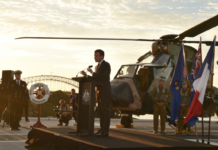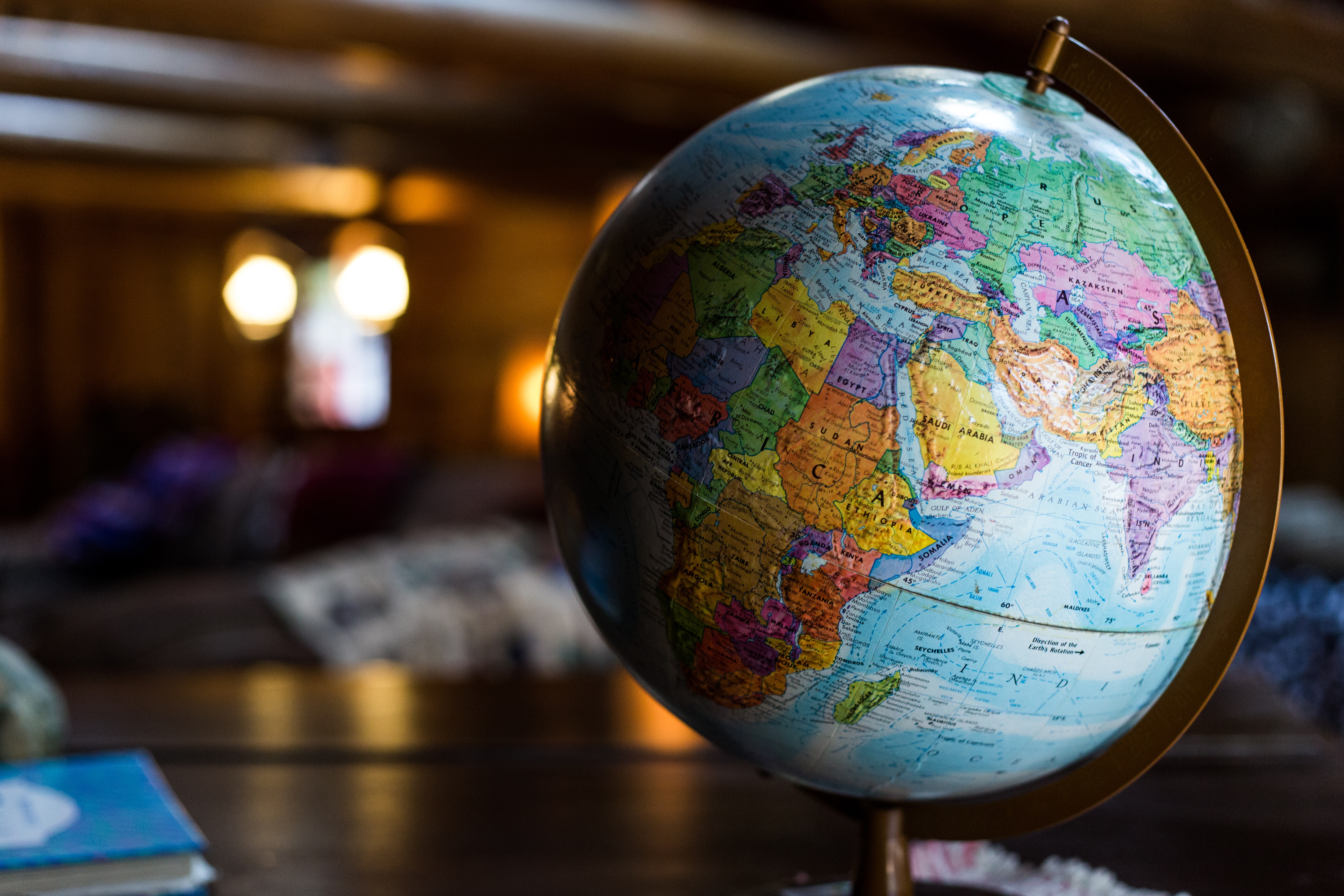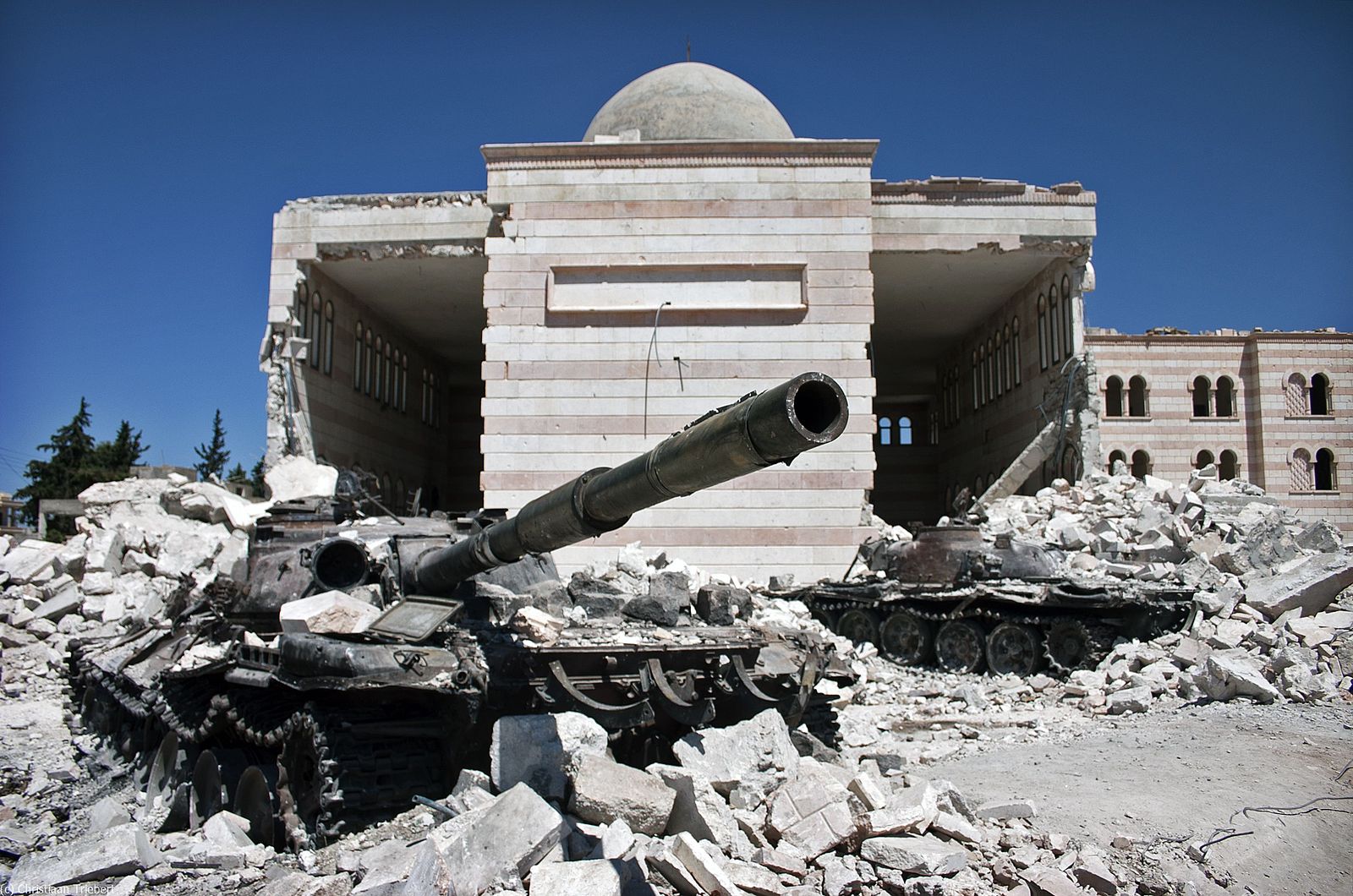In this post, International Portal summarises three situations to watch in the Middle East in 2018, from war to transnational terrorism, Iran and Saudi Arabia’s increased animosity and renewed Israel-Palestinian tensions. (Note: this summary was written at the end of December 2017 and so it reflects developments as of that date.)
ISIS bites the dust but it has not been defeated
If 2014 was the year when Abu Bakr al-Baghdadi proclaimed the Islamic State (also known as ISIL, ISIS or Daesh), in 2017 the group was militarily defeated in Iraq and Syria, following the liberation of all areas it previously held in the two neighbouring countries. Hundreds of ISIS fighters are thought to remain trapped, but the numbers could be higher. What the next move will be for the group remains unknown, with most analysts pointing to the transition from a physical army holding territory and population to a looser network of operatives and affiliates in Muslim countries in Northern Africa, the Sahel, Eastern Africa, Central and East Asia.
The group will also likely want to compensate the damage associated with the loss of territory with high-scale, high-profile terror attacks across North America, Europe and Muslim countries. Experts also point to a potential resurgence of Al Qaeda as the group led by Al-Zawahiri moves to occupy the vacuum left by ISIS – this will certainly be the case in Syria, where despite the defeat of ISIS the country remains divided between areas held by the government of Bashar Al-Assad and areas held by opposition militias and Islamist groups, including some with links to Al Qaeda.
Islamic Republic vs House of Saud
The rivalry between Iran and Saudi Arabia for the hegemony of the Middle East reached new heights in 2017, particularly over their proxy war in Yemen and the political crisis in Lebanon. Accusing Iran of meddling in the Lebanon crisis, Saudi Arabia’s foreign minister Adel Al-Jubeir stated that “the kingdom will not stand by and will not hesitate to defend its security”. Meanwhile, Iran has repeatedly stated it is a nation of peace while at the same time accusing Saudi Arabia of creating divisions.
The contest between the two nations is as much geopolitical as it is over religious authority, with Iran backing Shiite minority populations in Sunni-majority countries across the region. It is difficult to predict if the two nations will go head to head in 2018, but the absence of an overarching regional political and security framework makes the prospect of war more plausible. It is also difficult to predict what Israel’s play will be, but its historic rivalry with Iran suggests it will choose siding with the Saudis if it comes down to that.
Israel, Palestine… and Trump
President Trump’s decision in December to officially recognise Jerusalem as Israel’s capital, breaking with decades of US foreign policy, has inflamed Palestinians and led to a generalised international outcry. Such outcry crystallised in a UN General Assembly Resolution – passed by 128 against 9 votes – that declared Trump’s decision “null and void” and refrained nations from transferring their embassies from Tel Aviv to Jerusalem.
To be sure, Trump’s decision does not have any binding implications but it carries a symbolic weight with potential serious practical implications from the point of view of future US foreign policy in the region and the world at large. Similarly, the UN resolution does not change anything from a legal point of view, but it is also very symbolic in that it sends a clear message to Palestine that the UN – at least the General Assembly – continues to support a peaceful resolution of the Israeli-Palestinian conflict that includes an end of the illegally declared ongoing occupation of Palestinian territory.




























